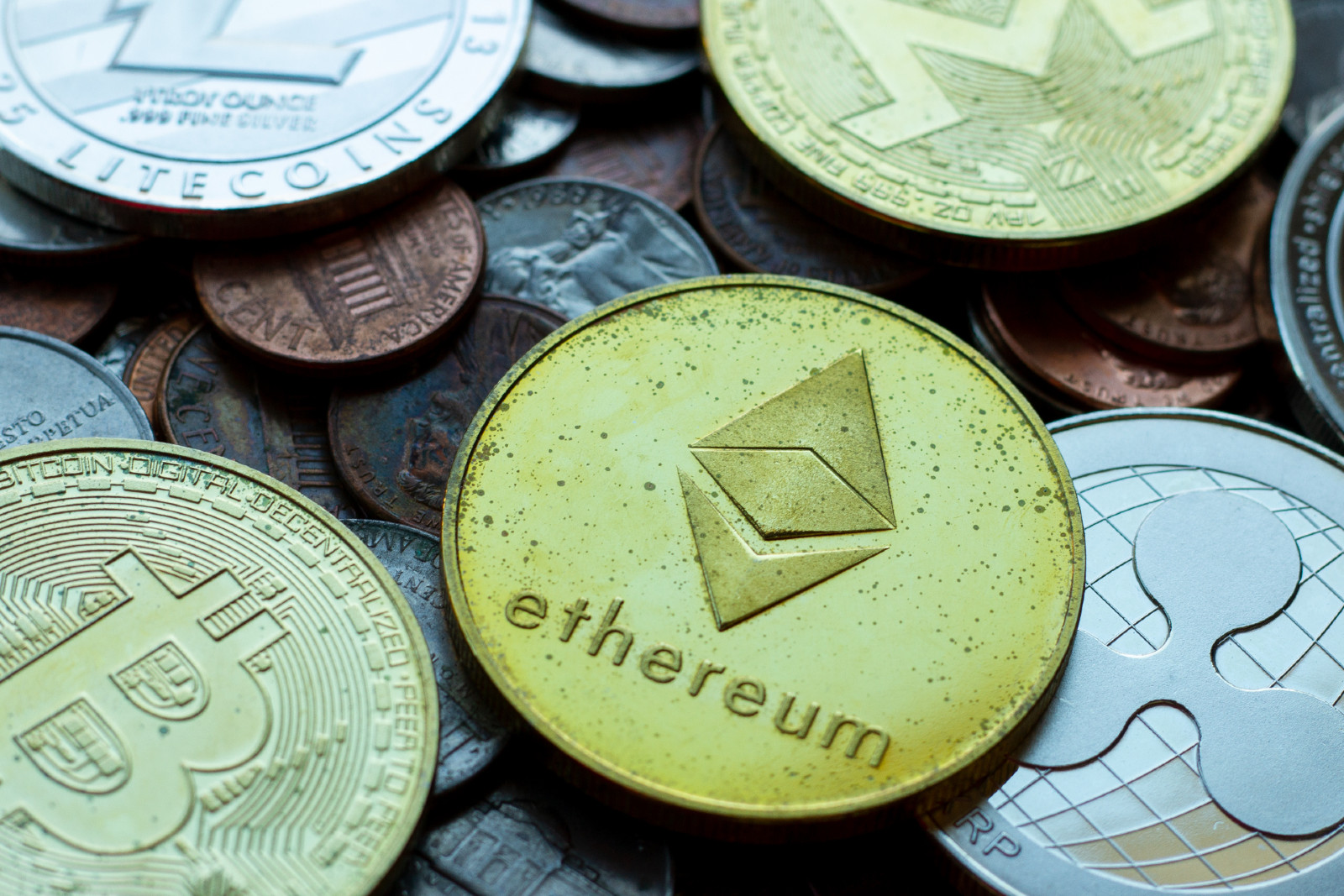Will ethereum form the basis of a decentralized internet?

Could ethereum lead the charge into a new internet? If decentralized apps, typically those running on blockchain, take over from Big Tech and form the basis of the internet of the future, ethereum could very well be the platform of choice. The world’s number two cryptocurrency has been the go-to building block for things like decentralized finance (DeFi), which could revolutionize fintech, and non-fungible tokens (NFTs), which can be vehicles for digital content in an internet of tomorrow. While ethereum excels in this domain, the platform is “heavily behind schedule with a complex set of technical upgrades,” the Financial Times’ Richard Waters writes.
Ethereum has been booming in popularity among developers who use it to create “smart contracts” through which internet users will no longer have to rely on middlemen to either manage transactions or just do normal internet stuff. While BTC and some other cryptos only allow peer-to-peer transactions, ethereum adds an extra layer by offering a platform to create and build smart contracts. The added functionality allowed it to dominate this area. “Sixty to 70 per cent of the [decentralized apps] industry runs on ethereum. It’s very sticky,” says Sandeep Nailwal, the co-founder of Polygon, a company that uses ethereum’s smart contracts functionality.
The caveat: Ethereum’s network, as it currently stands, can handle a very limited number of transactions at a time (15 to be exact), meaning it’s near-impossible to use at peak times with small-value transfers. The network has been attempting to reinvent itself: First, with a planned shift toward “proof of stake” from a “proof of work” mining system, and second, with a move to split or “share” its network to make transaction validation simpler.
Will it hold up? Ethereum supporters claim that, even with its shortcomings and with rivals emerging in this space (including Avalanche, Solana and Cardano), the network’s foothold over smart contracts puts it in a strong position to lead. Smart contracts “really changed everything” in the crypto space, giving ethereum “the most upside,” b’naire investor and crypto bum Marc Cuban recently said.
What does this all mean for ethereum investors? Ethereum has come a long way in the few recent crypto booms, and the market value of its currency “eth” is now worth close to half of all BTC in circulation, which is more than double what it was a year ago. Should ethereum’s smart contracts functionality continue to lead, this would be the first of many reasons the cryptocurrency will continue to have “intrinsic value,” says Institutional Investor. The network is also being praised for working to shift to proof-of-stake (also being touted as Ethereum 2.0), which is an energy-efficient consensus algorithm that will replace mining.
Having intrinsic value and being more environmentally friendly will distinguish ethereum significantly from other cryptocurrency, as economists generally shun cryptos for lacking the former and environmentalists for the latter. “The success of the currency will rely on ethereum opening up more,” said Jack O’Holleran, the CEO of Skale, a network operating on ethereum’s network, according to the FT. “It will become the global settlement layer” for decentralized apps, O’Holleran and others predict.